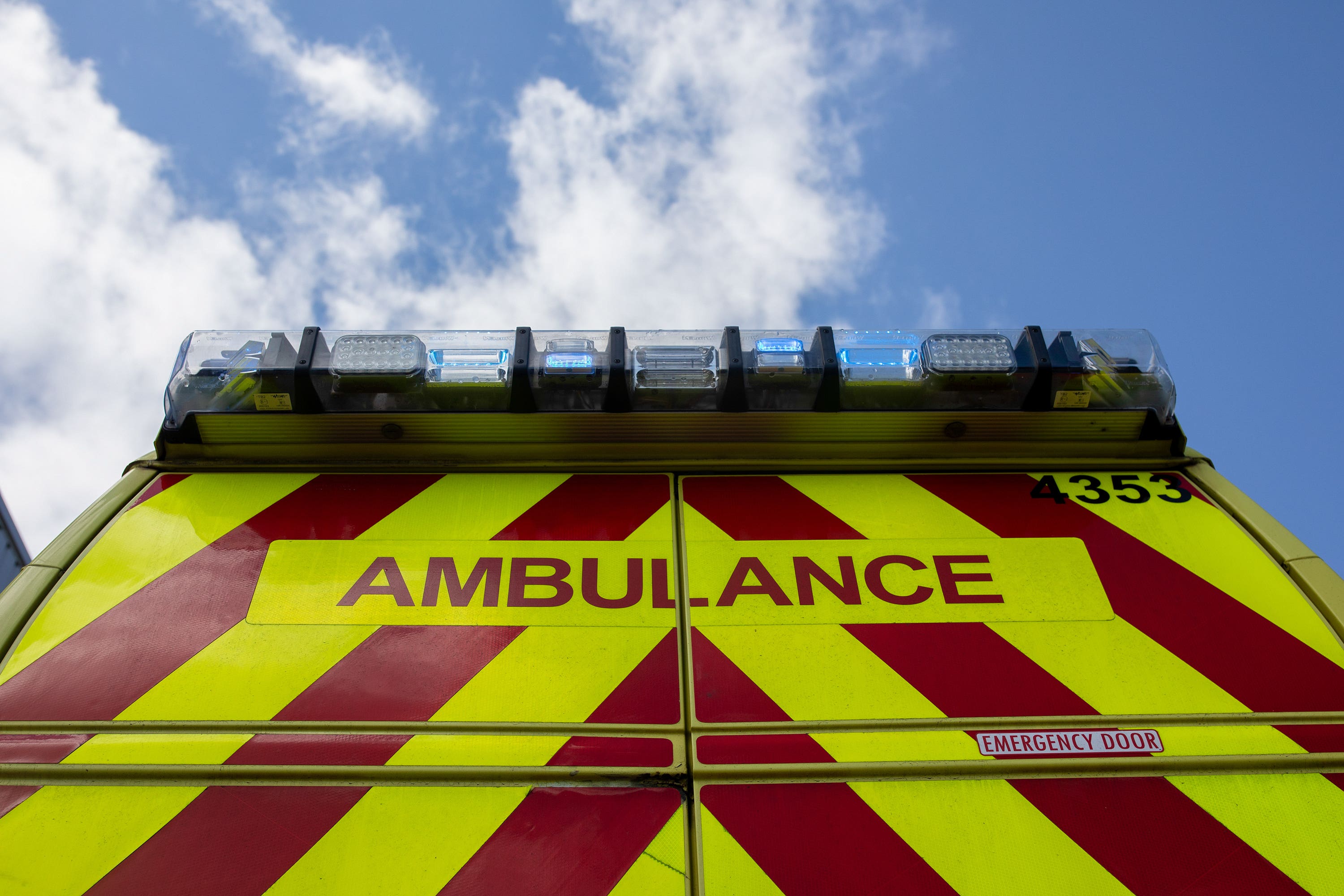Ambulance service accused of covering up errors when patients died apologises
.

Ambulance bosses have apologised to families after staff were accused of covering up errors and withholding evidence from coroners when patients died.
An independent review has been completed into how the North East Ambulance Service (NEAS) did not give some relatives a full explanation of the death of a loved one, if mistakes were made.
The review, led by retired hospital boss Dame Marianne Griffiths, also looked at how NEAS dealt with whistle-blowing.
The review was ordered after The Sunday Times alleged last year that NEAS covered up fatal paramedic errors in 2018 and 2019, and deliberately altered or omitted important facts that families and coroners should have known.
The article also stated that the whistle-blower alleged they were bullied and victimised for raising these concerns.
The independent review highlighted the tragic case of a 17-year-old who was found hanging, and an NEAS paramedic who declared her dead rather than trying to perform CPR.
The review stated that the paramedic, who has since been struck off, ignored national and local guidelines by not attempting advanced life support techniques.
It said: “However small the probability of recovery was, (she) deserved that chance and so did her family.”
Another case involved the death of a 62-year-old man, who urgently needed oxygen, with one crew hampered by a power cut which locked the gates at the ambulance station and another unable initially to find his key safe to get into his home.
The review fell short of agreeing with the families’ belief that changes to reports and not sending original documentation to coroners was done deliberately “to avoid negative attention and accountability”.
It concluded: “We cannot say what the intent was of those individuals who authorised those changes or did not share information as we were not there.
We have strengthened the governance, systems and processes relating to investigations and coronial reports; and continue to monitor these to ensure the lessons have been learned.
“We have not agreed with some of those decisions taken or some of those judgments made and believe that there are significant learning opportunities to be gained in the organisation in using these cases as a vehicle for improvement.”
Dame Marianne said: “I would like to pay tribute to the families who generously shared their testimonies with me.
“It is clear that they are not only devastated by the loss of their loved ones but also by the ambulance service’s response to the legitimate questions about their care.”
In response to the report, NEAS chief executive Helen Ray said: “Firstly, I would like to say how sorry I am for any distress caused to the families for mistakes made in the past.
“Each family has received an unreserved apology from me on behalf of the trust.
“There were flaws in our processes and these have now either been addressed or are being resolved at pace.”
The report agreed that measures have now been taken and a new leadership team is in place.
Ms Ray added: “We have strengthened the governance, systems and processes relating to investigations and coronial reports; and continue to monitor these to ensure the lessons have been learned.”
The review also stated that NEAS – the second smallest ambulance trust in the country – needed more funding.
Ms Ray added: “The action we have taken is also recognised by the Care Quality Commission, who last week said we have begun to make the improvements that address their concerns.
“However, there is more to do so the public can receive the best possible care.”